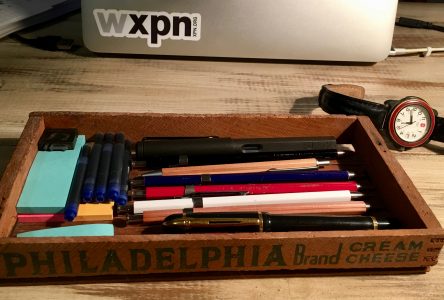How to do Nothing Resisting the Attention economy is a book written by Jenny Odell in which she discusses her perspective about self-help in the world today. Although Odell titled her book how to do nothing, ironically, she encourages the audience to do acts that will lead to self-help. In each chapter of the book she discusses different points and ideas that will help the readers change. In chapter one, Odell focus of self-care and deep listening, and attitude change.
First, as Odell mentioned in the introduction of the book in the digital productive world today it is hard to do nothing. People are always busy doing something. As a result, people hardly have anytime for self-care, and they do not consider it. According to the book, “Nothing is harder to do than nothing. In a world where our value is determined by our productivity, many of us find our every last minute captured, optimized, or appropriated as a financial resource by the technologies we use daily” (Para.1 of intro). Odell’s experience in the Rose Garden made her realize that doing nothing and self- care is important. In free quite places such as garden where people are not distracted and not saying anything people can better take care of themselves. Odell states, “I find myself gravitating toward these kinds of spaces—libraries, small museums, gardens, columbaria—because of the way they unfold secret and multifarious perspectives even within a fairly small area.” (Ch.1, pg.4). In addition, she address the problem that places such as gardens are in risk of getting rid them because of the capitalist system in which we live on. Everything in the world that is not productive assumed to not be important in the capitalist system. Odell says in the book, “That’s because this kind of thing always seems to be happening: those spaces deemed commercially unproductive are always under threat, since what they “produce” can’t be measured or exploited or even easily identified—despite the fact that anyone in the neighborhood can tell you what an immense value the garden provides”(ch.1 mid).
Second, self-care make the person become Deep listener. When there is nothing to do or say people can hear their surroundings better. Based on Odell experience with the birds, these hours of doing nothing unable her to recognize the bird’s different voices. She said, “I started learning each song and associating it with a bird” (Ch.1). In addition, deep listening also refers to the abilities to understand each other differences and ideas. She said, “As Gordon Hempton, an acoustic ecologist who records natural soundscapes, put it: ”23 “Silence is not the absence of something but the presence of everything. Unfortunately, our constant engagement with the attention economy means that this is something many of us (myself included) may have to relearn. Even with the problem of the filter bubble aside, the platforms that we use to communicate with each other do not encourage listening. Instead they reward shouting and oversimple reaction: of having a “take” after having read a single headline” (ch.1.end). throughout the chapter Odell uses many artists, writers, economists, academic and stories books etc. to better demonstrates the concepts.
Third, having time for self-care changes people attitude towards life. People are always busy; as a result, they do not have to reevaluate their decisions. Odell shows how the distraction lead many people to take quick decisions and not have enough time to think. Odell provided her father experience self-care, to show that self- care can largely change how person think. She said, “As it turns out, my dad went through his own period of removal when he was my age and working as a technician in the Bay Area. He’d gotten fed up with his job and figured he had enough saved up to quit and live extremely cheaply for a while” (Ch.1 mid). Odell wants to show the readers that self-care helps them positively change their life.
In conclusion, Odell in her book, “How to do Nothing Resisting the Attention economy”, she aims to provide an activist book that consider self-help. In order to offers the readers something that can change their life. To achieve this goal, she uses her personal experience, others experience, academic books, poets, real place such as the garden. She connects those examples by adding them in to support to introduce a concept she discusses.






